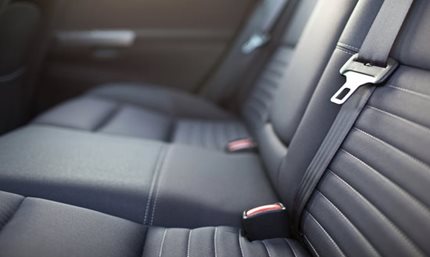News & Tips
Leasing Vs. Buying a Car

Q: I’ve been getting conflicting information about what makes more sense. Should I lease a car or buy one?
A: Here’s a little-known fact: Auto dealers average twice as much profit on a lease verses a sale. With about one out of every four cars being leased, it appears to be a good deal for drivers, too.
There’s a simple difference between buying and leasing a car. When you buy a car, you pay for the full price of the car. That’s why payments on a purchase are higher, and upfront costs are generally higher, too. When you lease a car, you pay the amount the car is expected to depreciate over the length of the lease. For example, if a car will be worth $15,000 less three years into the lease, you pay $15,000 to compensate the dealer for the three years you drive the car.
On the other hand, once you purchase the car, it’s yours. You can buy the car after the lease is up by paying the depreciated value, but keep in mind that the interest rate on a lease is usually higher. So, if you’re planning to keep the car anyway, a purchase is definitely in your best interest.
Leases are tempting because you can get a more expensive car than you would with a purchase. But remember – that’s just temporary. It’s similar to renting a nicer home than you could afford to buy. While you may be making lower payments, you’re still not making any progress towards owning the home. Or, in the case of a lease, the car.
A lease makes the most sense if it’s important to you to drive a new car and replace it every two years or so. Also, if you’re self-employed, you may be able to deduct the entire cost of the lease from your taxes, which may reduce the true cost of the lease (depending upon your tax bracket). There are, however, some significant drawbacks to leasing. First of all, you’re usually limited in the amount of miles per year, and it’s expensive to exceed that number. This limitation may be a real problem if you travel often. Secondly, the car must be returned in showroom condition or you risk penalties. Finally, the lease is a binding contract that you usually cannot break without stiff penalties.
The decision to lease or buy a car is a personal one. Evaluate your own situation based upon the information here before you make a final decision. But whatever you do, don’t let the dealer make the decision for you. Know your strategy before you visit the lot. It’s too easy to give in to temptation and get a car you can only afford by leasing when purchasing is in your best interest.
